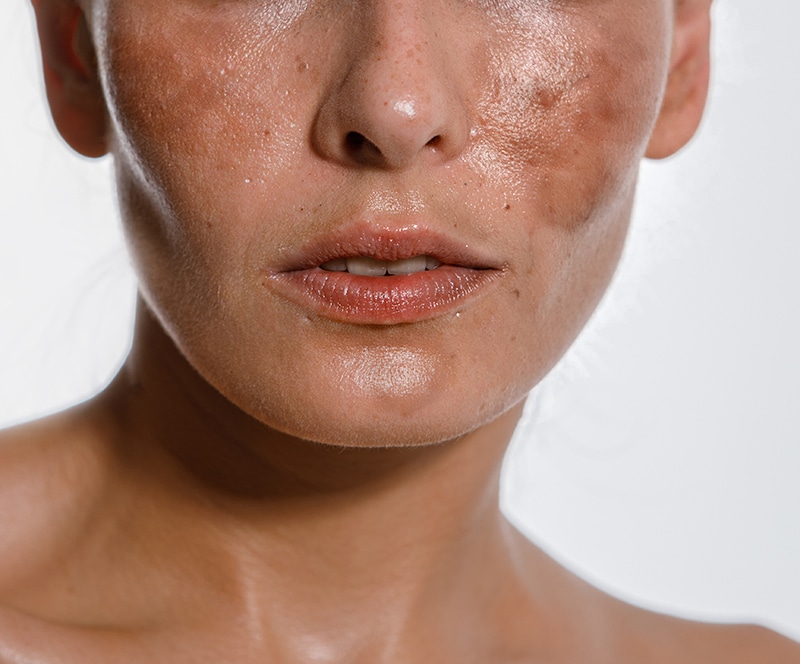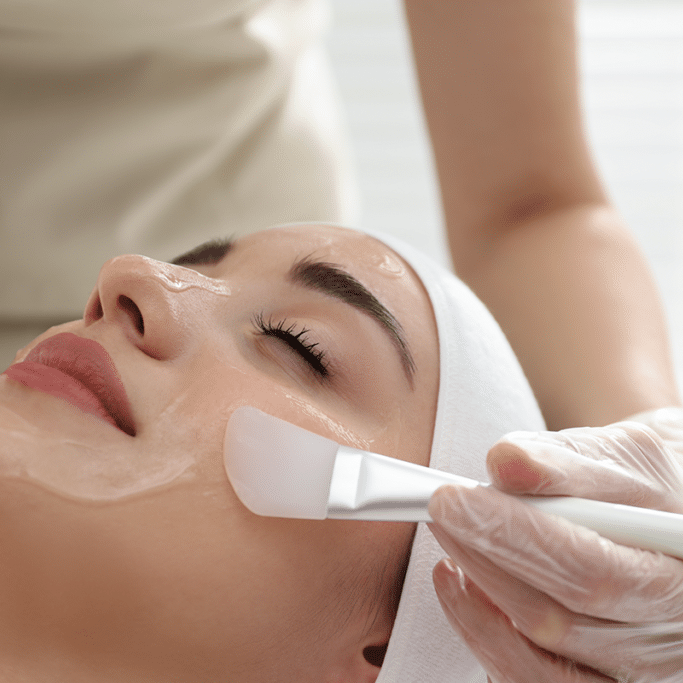Melasma Treatment in Lehi, Utah
Symptoms of melasma
Patchy Discoloration
Multiple Colors
Sun Exposure
What Causes Melasma?
The precise cause of melasma remains a mystery, but several factors are believed to play a role, including:
Hormonal Changes
Sun Exposure
Genetics

What Treatments Are Available for Melasma?
Topical Creams
Retinoids
Chemical Peels
Laser Treatments
How to Prevent Melasma
Schedule a melasma visit today!
With proper diagnosis, personalized treatment, and a commitment to sun protection, you can manage melasma and achieve a more even, radiant complexion. Our Board-certified Dermatologist and Advanced Practice Providers are here to guide you on your journey towards healthier, confidence-boosting skin.
MEDICAL melasma visits
COSMETIC melasma visits
Melasma FAQ
Does melasma go away?
Melasma can be persistent and difficult to treat, but it's not always permanent. Some people may experience improvement or even complete clearance of melasma. However, this is not a clearance that can be reproduced with treatment.
We consider melasma to be a chronic condition with no cure. The symptoms can be managed through treatments. It's important to maintain ongoing sun protection and other preventive measures.







